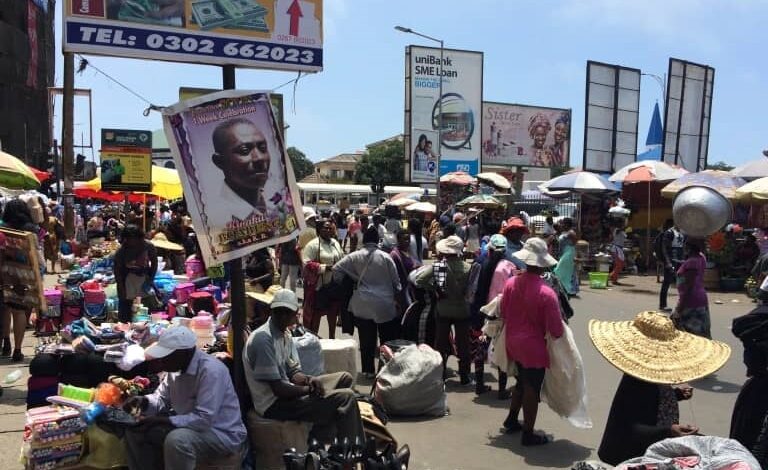Ghana Faces Mounting Health and Economic Risks from Delayed Response to Toxic Product Crisis

Ghana stands on the brink of a public health and economic crisis if authorities fail to act swiftly on alarming findings from the Food and Drugs Authority (FDA) and UNICEF emerging from a nationwide surveillance exercise.
The exercise uncovered dangerously high levels of toxic heavy metals, particularly lead and cadmium in common food and cosmetic products on the Ghanaian market, including turmeric, kohl (eyeliner), and cereal mixes.
The revelations have raised widespread concern. Yet the real danger lies not in the discovery itself, but in any delay to respond decisively.
The Cost of Waiting
The toxic metals identified are known to cause long-term harm, especially among children and pregnant women. Lead exposure can stunt brain development and affect learning abilities, while cadmium damages the kidneys, weakens bones, and can contribute to chronic illness.
According to health specialists, every day that contaminated products remain available increases the risk of irreversible damage to human health. The cost of managing such conditions—ranging from specialized treatments to lifelong health support—could place immense pressure on families and the National Health Insurance Scheme (NHIS).
“Preventing exposure is far cheaper than treating it,” a public health expert cautioned. “If Ghana delays, we risk a silent epidemic of neurological and renal disorders that will strain both our healthcare system and our economy.”
Economic Fallout
Beyond health, the economic repercussions of inaction could be severe. Ghana’s growing agro-processing and cosmetics industries risk losing credibility in both local and international markets. A single rejection of contaminated exports or a warning from trade partners could lead to costly bans and erode investor confidence.
At the local level, traders and small producers could lose livelihoods if consumer trust collapses. Already, fears of contamination have made some shoppers hesitant to buy locally made food and beauty products. “When people lose confidence in what they eat or use, the entire value chain suffers,” said an industry analyst.
The longer unsafe products remain on the market, the higher the potential economic losses—from reduced trade to healthcare expenses and lost productivity.
Policy Gaps and the Urgent Need for Action
The FDA and UNICEF report includes clear recommendations: recall high-risk products like kohl and turmeric, tighten border inspections, strengthen laboratory testing capacity, and harmonize Ghana’s food and cosmetic safety standards with global benchmarks.
A key proposal is the creation of a National Contaminant Monitoring and Control Plan—a framework that would help detect emerging risks early and coordinate enforcement across agencies. Without it, experts warn, Ghana risks recurring contamination crises that undermine public confidence and global competitiveness.
The success of these interventions depends not only on regulation but also on public education. Awareness campaigns must inform consumers about the dangers of contaminated products and promote safe alternatives. Meanwhile, producers who comply with standards should be supported through incentives, training, and certification programs.
A Defining Moment
For Ghana, this is a defining moment for public health governance. The science is clear, the data is available, and the risks are escalating. What remains is political will and timely execution.
Delaying action will cost far more than immediate reform both in human and financial terms. As one FDA official put it: “Every day we wait, more people are exposed. The longer we hesitate, the higher the price we will all pay.”
In the end, Ghana’s response to this crisis will not only determine how quickly it can contain the threat but also how much value it places on the safety, trust, and well-being of its people.




